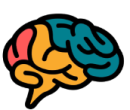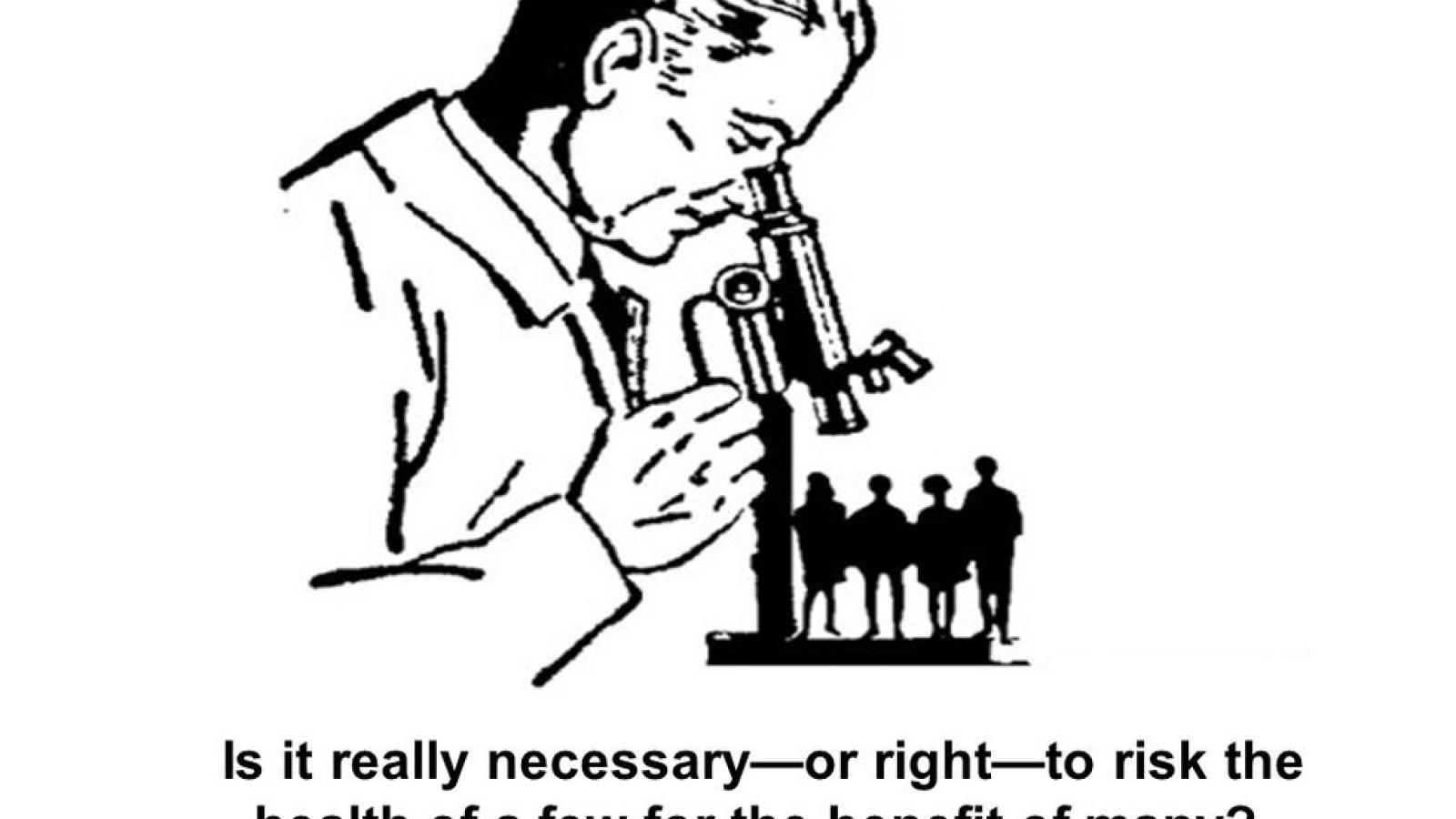What comes to your mind when anyone talks of ethics? Maybe, choosing between good and bad or right from wrong, that would be the basic idea and bulecopavillon gioie-di-gea 24bottles borsegabsoutlet tatacalzature guardianiscarpe 24bottles kleankanteenkinder gioie-di-gea ovyeshop tatascarpe gioie-di-gea mandarinaducksaldi von-dutch gigasportoutfitdamenilding on that, ethics is a study of moral principles and refers to a code of morals followed by an individual or a group. They prescribe what we ought to do and affects our behaviour and decision making. Ethics is a vast area of study with many fields, so let’s focus on how we apply it in medicine.
Medical ethics refers to the moral values that govern medicine. It applies to clinical medicine and associated scientific research. One of the oldest written documents on ethics is the Hippocrates oath, which is still used today albeit somewhat modernised, to initiate doctors in their practice. In the doctor-patient relationship, the conduct of the doctor should follow the four pillars of medical ethics. They are autonomy, beneficence, non-maleficence and justice.
Let’s take an example, a 25 year old female who is a Jehovahs witness sustained serious injuries in a car crash, but she has refused blood transfusions despite losing a lot of blood.
Autonomy refers to the right of a patient to make decisions for themselves. It involves the principle of informed consent as well. In the above case the doctor would have explained the risks of not undergoing a transfusion but would have to respect the patients decision. (Jehovahs witnesses refuse blood products as it is against their beliefs) In such cases there is conflict between autonomy and doing what’s best for the patient. The latter is also called beneficence. Non-maleficence refers to doing no harm and justice is fair distribution of resources.
Research is done, simply to find things out and it commonly involves humans, specially with regards to medicine. Therefore ethics are needed to protect participants and to make sure the study is of value to the society. Research should be conducted so that the knowledge produced can be used and shared widely and the participants should be treated with respect and dignity.
The principles of ethics in research are not only limited to the basic four principles but includes what is mentioned above like social value and respect for participants, also scientific validity, fair subject selection, favourable risk benefit ratio, independent review and informed consent. Not abiding to these principles has led to several tragedies and tarnished reputations of individuals and institutions.
Infamous examples of research conducted with no regards to human rights have been documented throughout history.
In 1932, a group of 400 black men with syphilis were recruited in a study to track the progression of the disease, which had no cure at the time. However in 1942, penicillin became the treatment of choice for syphilis but it was not offered to the participants. Due to the publishing of the study in a newspaper the ethical aspects were brought to attention only in 1972, after which the study was stopped. As a result many died and their wives and children were infected.
In a similar timeline, German scientists conducted experiments of a horrendous nature on concentration camp prisoners which ended with the scientists being penalised in the Nuremberg trials. As a result the Nuremberg code was compiled, which was the first international code of ethics for research on human subjects. Later on the World Medical Association published the Declaration of Helsinki which was a result of significant effort of the medical community to regulate research.
So in a way people have learnt from the mistakes of their peers but the question remains “Is it necessary to risk the lives of some for the benefit of many?” Somewhat of a trolley problem, isn’t it? This was a thought experiment on ethics and psychology and is as follows, say a runaway trolley is heading towards five people who are tied to the tracks. If it continues on its path they would be killed but if you pull a lever the trolley would deviate to a different track but would kill 1 person. What would you do?
Let’s look at this problem from a modern angle. The covid pandemic has caused millions of deaths and millions more infected. From the beginning it was apparent that a vaccine was necessary but this process usually took several years to complete. However due to streamlining resources and collaborations this process was accelerated to produce a vaccine by the end of 2020.
A crucial step in vaccine development is the challenge test which is usually done in the preclinical study in an animal model but for covid 19 and some other diseases this is not available. Thus Controlled Human Infection(CHI) was needed. It sounds like unsafe experimentation but people volunteered due to the importance and necessity of a vaccine.
This raises many ethical issues and no matter the urgency of the situation, research ethics should be maintained. These moral dilemmas are difficult to navigate and promote thinking rather than provide an exact solution.
To make sure that researches are designed and conducted ethically, governing bodies called ethic review boards have been established in order to safeguard the rights and wellbeing of participants. Additionally when a study is being published, the researcher should act with integrity. They should avoid fabricating, falsifying data and plagiarism. This tend to happen when people are desperate, say they’re running short on a deadline or maybe just to reap the benefits without actual hard work. Hence mutual respect for other researchers ensures the creation of a conducive environment for the advancement of science and research.
If one is thinking of becoming proficient in research then learning its ethical aspect is integral. An obligation of the already skilled researcher is to teach the future generations on the importance of ethics and the duty of the student is to learn and apply the concepts properly so as to avoid repeating past mistakes.
References
1. What is ethics in research? https://www.niehs.nih.gov/research/resources/bioethics/whatis/index.cfm
2. Vaccine experiments – scandal-hepatitis-experiments-hideous-truths-of-testing-vaccines-on-humans/?sh=e17bc8e279c8


Leave A Comment